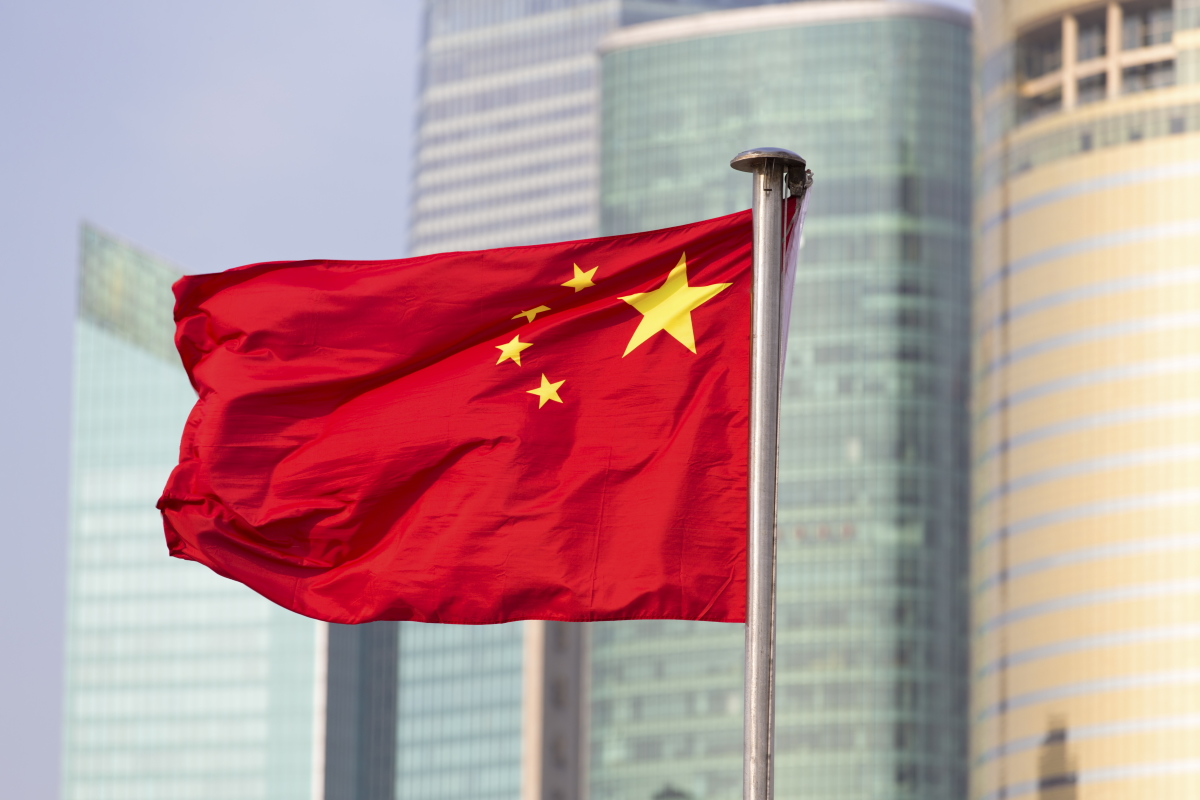After a delay in the release of key data raised fears of economic distress, China GDP growth surprised the market as the economy expanded by 3.9% during the July-September quarter. Market participants had a consensus forecast of 3.3% GDP growth for the quarter, as per ING.
The GDP figure is a long way up from the 0.4% growth posted during the second quarter, but still lower than the government target of 5.5%.
What aided China GDP growth?
The economic growth during the quarter that ended September 30 is being attributed to the flexible Covid-19 measures after Shanghai, a key industrial hub, was under a lockdown for much of the previous quarter.
Information and software technology saw the biggest jump, growing at 7.9% year-on-year, while the financial services industry grew by 5.5% year-on-year. The real estate sector, which has caused a lot of pain for the economy, contracted by 4.2% year-on-year due to stalled projects and weak activity in the sector.
The industrial sector beat expectations and grew by 6.3% in September over the previous year and surpassed the August growth figure of 4.2%. However, demand continued to be sluggish, as retail sales grew 2.5% in September compared to the 5.4% growth posted in August.
“It seems unlikely that the economy can continue to rely on this (industrials) driver of growth for much longer. After all, surveyed new export orders have resumed their downward trend and global demand for manufactured goods is likely to weaken significantly in the months ahead as high inflation and rising interest rates choke off demand,” says David Rees, Senior Emerging Markets Economist at Schroders. The investment management firm sees China GDP growth at 3.3% for the year and then growing at 5% in 2023.
The IMF expects China GDP to grow at 3.2% in 2022, while the World Bank sees the economy expanding by merely 2.8% for the year, a sharp deceleration from the over 8% growth China posted in 2021.
While the economic rebound should have helped investor sentiment in China, markets saw one of the biggest routs this year on Monday. Foreign investors took note of President Xi Jinping being approved for a third term in office and pulled out money at a record pace on October 25. Xi’s recent speech at the 20th China Communist Party Congress and the newly appointed governing body indicate that politics-driven decisions might be favoured over economic growth.
China’s economy is facing multiple headwinds from domestic as well as overseas factors. The zero-Covid strategy has crippled manufacturing and consumer demand, the property sector is still not out of the woods yet and the rising inflation and a global slowdown are likely to further impact the economy.


 Australia
Australia China
China India
India Indonesia
Indonesia Japan
Japan Malaysia
Malaysia Philippines
Philippines Singapore
Singapore South Korea
South Korea Taiwan
Taiwan Thailand
Thailand Vietnam
Vietnam







